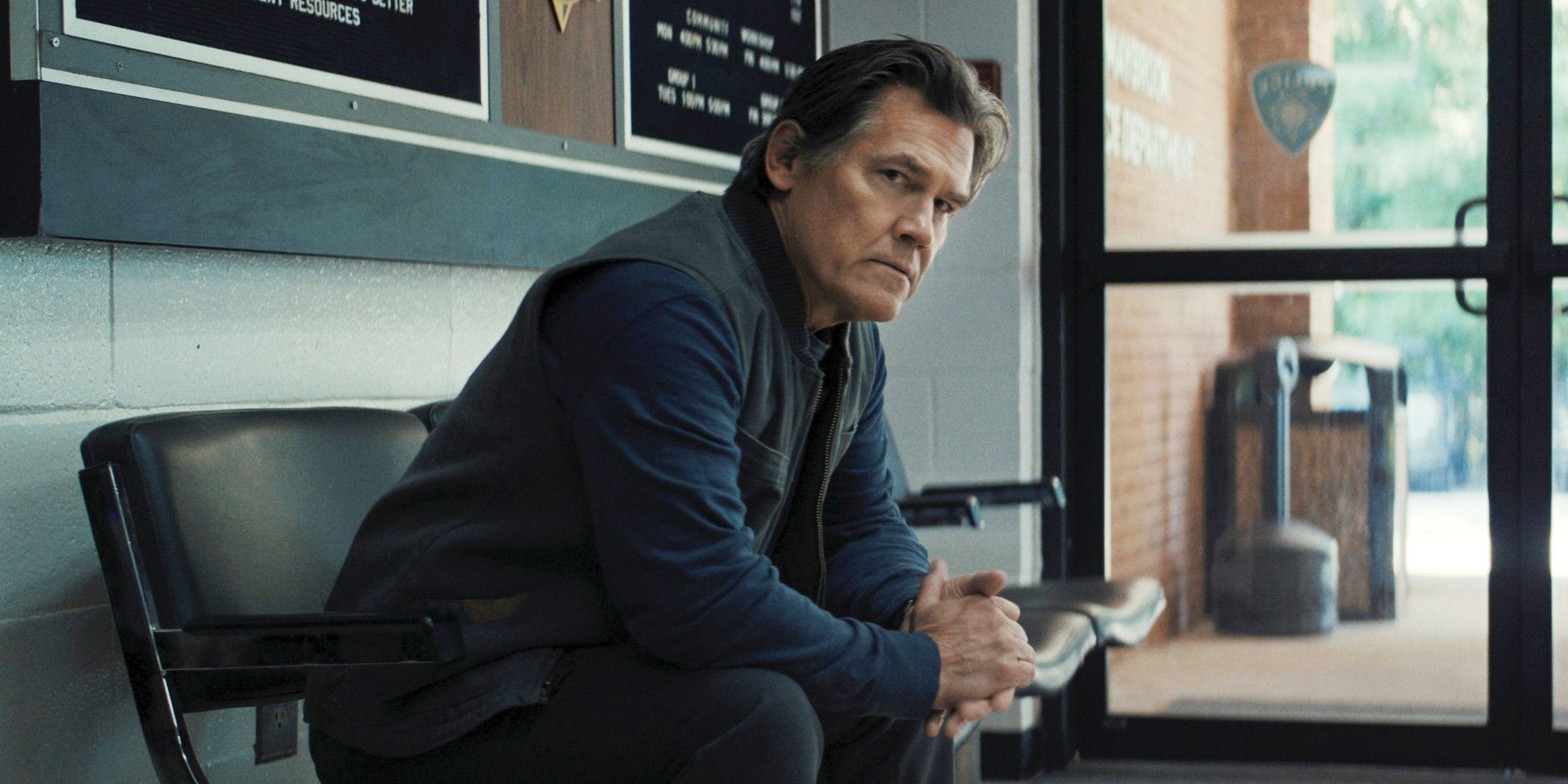
The Complexity of Character in Weapons
One detail that often goes unnoticed in the horror film Weapons significantly enhances the depth of Josh Brolin’s character, making him more compelling than initially perceived. In this movie, Brolin portrays Archer, a father who is deeply grieving the disappearance of his son. Along with sixteen other students, his son, Matthew, vanishes into the night at 2:17 one morning. However, one student, Alex, remains unaccounted for.
When viewers first meet Archer, they quickly understand the emotional weight he carries. He is a man consumed by grief, unable to sleep anywhere other than his son's bed and relentlessly searching for answers. His actions may seem extreme, but his motivation is entirely understandable. The film cleverly uses these details to evoke empathy from the audience, making them care about his journey.
After Archer’s chapter in Weapons, viewers are left desperate for a reunion between him and his son. By the end of the film, with the help of Julia Garner’s character, Justine, Archer uncovers the truth behind the children’s disappearance. This leads to an emotional reunion that offers a somewhat hopeful conclusion to the story. While the reality of the situation is far from happy, the filmmaker, Cregger, clearly invested a lot of thought into the characters and their development.
A Surprising Perspective
One of the most intriguing aspects of Weapons is its ending, which shifts the focus to Alex’s perspective. This reveals that Matthew, Archer’s son, was consistently bullying Alex at school. These scenes, though not given much attention, highlight a dynamic that makes Matthew an unlikable character. In traditional storytelling, audiences typically do not root for characters like Matthew, who comes across as a stereotypical bully.
Matthew’s behavior seems to stem from his father’s parenting style. In one of the most emotionally charged scenes in the film, Archer apologizes to his son in a dream, expressing regret for not showing him enough love. Although this moment is not real, it exposes the deep guilt Archer feels about how he raised Matthew. Like his son, Archer is not a character that audiences would usually support in a movie. He is portrayed as a distant father with a negative influence on his child.
There are even hints that Archer is responsible for writing “witch” in red paint on Justine’s car, further emphasizing his potential for being a bully.
The Power of Story Structure
Beyond Cregger’s writing and Brolin’s powerful performance, the effectiveness of the film lies in its unique story structure. By not telling the entire story from Alex’s perspective, the audience gets a chance to witness Archer’s heartbreak and determination, rather than just his hot-headed and forceful behavior.
If the film were entirely told from Alex’s viewpoint, there might still be some level of empathy for the missing children and their families. However, it would likely be less so for characters like Matthew and his sometimes overly angry father. By shifting the narrative focus, Cregger successfully transforms Archer into someone that audiences care about and want to see succeed in finding his son.
This is a significant achievement for Weapons, as it manages to convince viewers to root for characters like Archer and Matthew by the end of the film—despite how they could have been portrayed in a more conventional way. The film’s ability to humanize these characters adds a layer of complexity that makes the story more engaging and thought-provoking.

Post a Comment